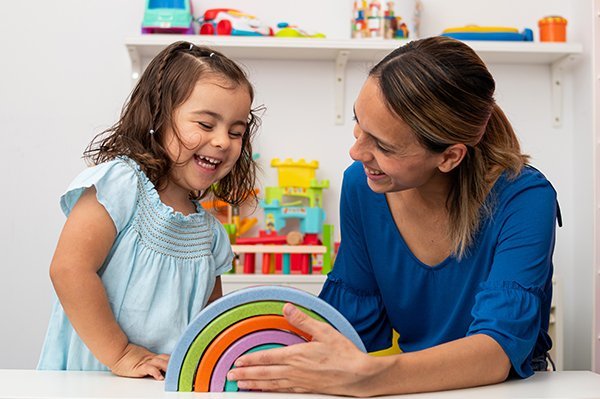Children and Communication: Fostering Effective Expressions from a Young Age
Communication is a crucial life skill that is important for healthy development. For children, communication is needed to express thoughts, build relationships, and navigate the world confidently. The foundations of effective communication are laid out in early childhood, making it essential for parents, caregivers, and educators to nurture these skills from a young age. By encouraging children to communicate clearly and openly, we empower them to develop strong emotional intelligence and social adaptability.
The Importance of Early Communication Skills
Effective communication in childhood fosters:
Self-Expression: The ability to articulate thoughts, feelings, and needs with confidence.
Emotional Intelligence: Understanding and managing emotions while empathizing with others.
Problem-Solving Skills: Clear communication helps children express challenges and seek solutions.
Academic Success: Strong language skills contribute to reading comprehension, writing abilities, and critical thinking.
Healthy Relationships: Positive interactions with peers, teachers, and family members that enhance social bonds.
Strategies to Foster Effective Communication
Encouraging strong communication skills in children involves intentional guidance and practice. Here are some key strategies that may help children express themselves effectively:
1. Model Good Communication
Speak clearly and respectfully when interacting with children.
Use eye contact and attentive listening to demonstrate engagement.
Express emotions constructively, teaching children to do the same.
Show patience and avoid interrupting when they speak.
2. Encourage Active Listening
Teach children to maintain eye contact and pay attention to whoever is speaking.
Use interactive storytelling to promote listening comprehension.
Encourage taking turns in conversations and allow others to share in group settings.
Validate their feelings by repeating back what they've shared ("I hear you are feeling frustrated because...")
3. Expand Their Vocabulary
Read books together to introduce new words and ideas.
Use descriptive language when talking about your days.
Introduce and play different word games and engage in discussions to explore new expressions.
Encourage asking questions and provide thoughtful responses.
4. Provide Opportunities for Expression
Allow children to share their opinions and ideas in family discussions.
Encourage storytelling through drawing, writing, or verbal narration.
Use role-playing scenarios to practice social interactions and responses.
Support creative expression through music, dance, art, and dramatic play.
5. Create a Safe Space for Open Communication
Foster a judgment-free environment where children feel comfortable sharing their thoughts.
Avoid hard criticism and instead provide constructive feedback about their behaviors.
Encourage emotional expression by acknowledging their feelings.
Reinforce that all emotions are valid and help them find words for their experiences.
6. Teach Nonverbal Communication Cues
Explain the use of body language, facial expressions, and tone of voice.
Encourage children to recognize emotions in others through observation.
Teach appropriate gestures, such as nodding and smiling, to enhance communication.
7. Use Play to Strengthen Communication
Engage in pretend play to practice different communication styles.
Play games that require verbal collaboration, such as charades or other storytelling games.
Use dolls or puppets to help children express feelings in a fun way.
Overcoming Communication Challenges
Some children may struggle with communication due to shyness, developmental delays, or speech difficulties. Support them by:
Being patient and reassuring: Avoid pressuring them to speak before they're ready.
Using alternative forms of expression: Encourage drawing, signing, or other gestures if verbal communication is difficult.
Encouraging social interactions: Facilitate playdates or group activities to build confidence with communication skills.
Seeking professional guidance: In certain situations, a speech therapist or child psychologist can help address specific challenges and work with families to enhance communication.
Fostering effective communication skills in children is a lifelong investment in their emotional and social well-being. With the help of professionals, we can help children develop the tools they need to navigate relationships, academics, and personal growth successfully. We can guide them towards becoming confident communicators who can express themselves clearly and connect meaningfully with the world around them. Reach out today to learn more information about child therapy and fostering effective communication!

